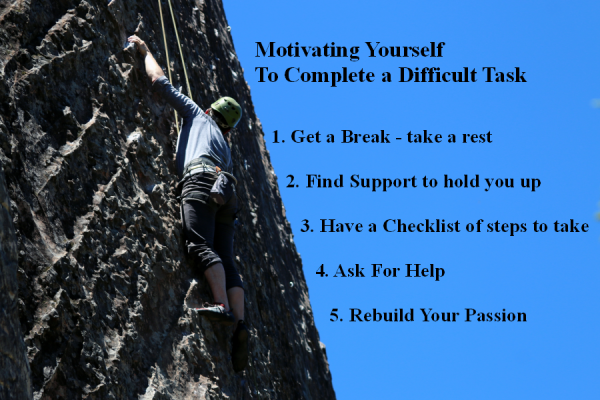5 Tips For Procrastination When The Job Is Really Hard
Procrastination – Is It Laziness? Do you tend to procrastinate at work or when studying? Some people think they are being lazy when they find other activities to do instead of what they should be doing or that they feel they should be doing. Procrastination is putting off doing a particular job instead of just […]

